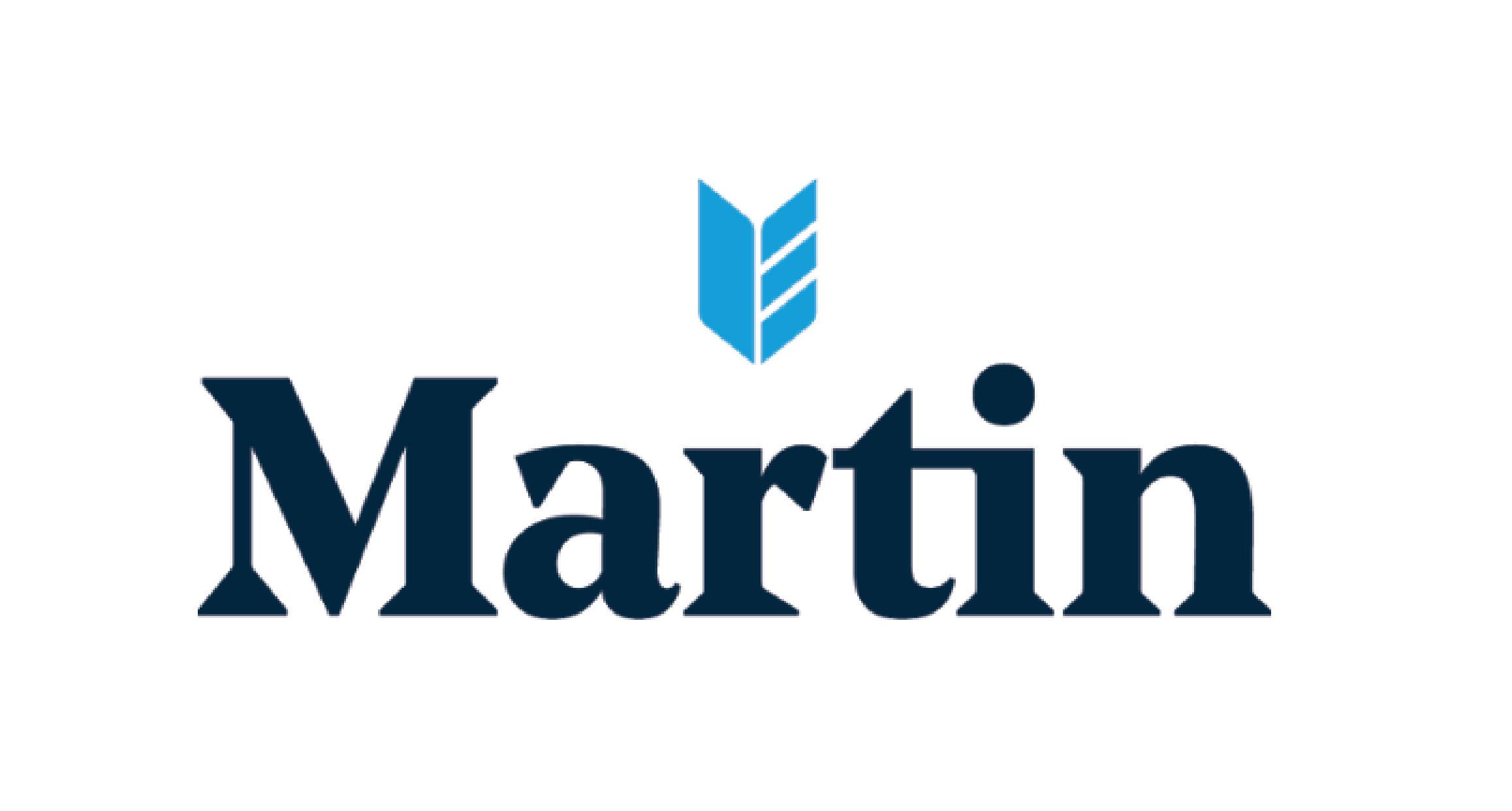|
Last week’s Quarterly SBA 7(a) Connect call shed light on several critical updates and clarifications regarding SBA’s refinance rules and processes, particularly around changes of ownership and debt refinance.
1. Changes of Ownership vs. Debt Refinance
One of the most significant distinctions emphasized during the call is the differentiation between paying off debt as part of a change of ownership and actual debt refinancing.
- No Refinancing During Change of Ownership:
When a borrower is purchasing a business, the seller may use the funds from the borrower’s SBA 7(a) loan to pay off their existing loans. Importantly, this activity is classified as part of the change of ownership process, NOT debt refinancing.
- Handling Previous Debt in Ownership Changes:
For complete changes of ownership, the previous owner’s debts must be paid off as part of the transaction. Moreover, lenders must offer buyers the option to assume any existing SBA debt. This ensures a clean transition in ownership while adhering to SBA requirements.
2. Debt Refinance: Reasonable Terms and Credit Memo Requirements
When refinancing existing debt using an SBA 7(a) loan, lenders must demonstrate reasonable terms and ensure an improvement in the borrower’s financial position. Key guidelines include:
Lenders must prove a minimum 10% improvement to the installment payment amount and explain how this benefits the business by increasing cash flow.
The 10% improvement alone is insufficient. Lenders must explicitly detail why the current debt is on unreasonable terms. Factors supporting this claim must be included in the lender’s credit memo.
3. Debt Refinance – Ineligible Debt
Not all debt qualifies for SBA refinancing. Specific restrictions apply to:
- Merchant Cash Advances (MCA):
MCAs and factoring agreements are ineligible for refinancing under SBA rules. Lenders are responsible for thoroughly reviewing the borrower’s documents to ensure compliance.
For lenders with Preferred Lender Program (PLP) authority, all Standard 7(a) and 7(a) Small loan refinance requests must be processed utilizing their PLP authority, except when refinancing their own institution’s debt.
4. Addressing E-Tran Validation Errors
During the SBA loan approval process, validation errors in E-Tran can occur when borrowers exceed the SBA maximum guaranty amount. SBA provided the following steps to resolve such issues:
- Workaround Solution:
- Log into E-Tran and locate the application with the error message.
- Click “Validate” to identify and correct any errors listed.
- Modify the guaranty percentage. For approvals made AFTER February 2025, the lowest guaranty input allowed is 1%. (Manual intervention is still required for earlier approvals).
- Submit the application once errors are resolved.
This revised process streamlines approvals by addressing technical bottlenecks promptly.
5. Changes of Ownership: Multi-Step Transactions
Certain types of ownership transitions and expansions were discussed, clarifying eligibility and requirements:
- Multi-Step Transactions Not Eligible:
SBA explicitly ruled out multi-step partial changes of ownership from eligibility under SBA 7(a) guidelines.
- Business Expansion Clarification:
Expansions occur when an existing business acquires another business with identical ownership, operates under the same NAICS code, and is situated in the same geographic area. Both businesses will be co-borrowers, and management must be able to exercise similar control over daily operations for both locations.
Equity requirements will vary based on the type of ownership change involved. Sellers offering a 2-year guaranty are not obligated to provide assets in the event of collateral shortfalls.
- Approval Required for Ownership Changes of Existing SBA Loans:
All changes in ownership involving existing SBA loans must be approved and serviced in accordance with SOP 50 57 3.1 guidelines.
Watch the recording of the call here
|









